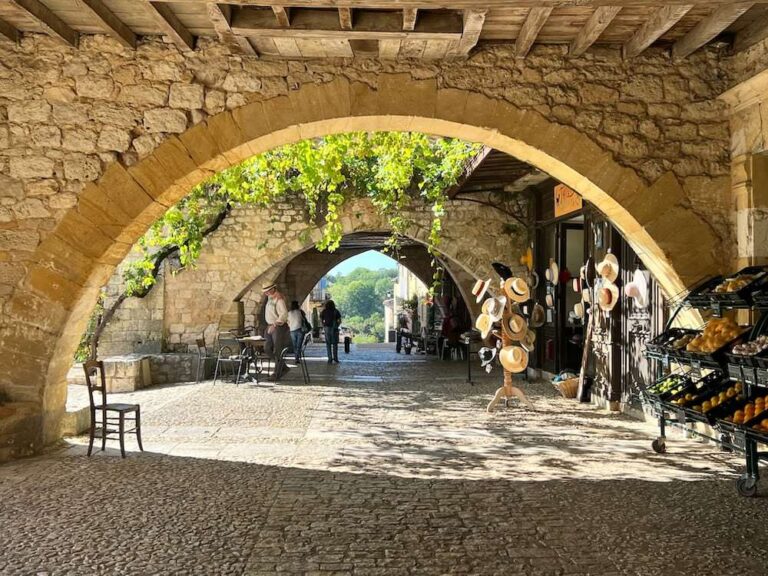fille & famille VS ville & mille
Some French words ending in -ille are pronounced with a “y” sound (like fille → [fij], meilleur → [mɛjœʁ]), while others keep a regular l sound (mille → [mil], ville → [vil]). This difference goes back to the history of French and how Latin words evolved over time.
Two Pronunciations of -ille
French actually has two distinct ways of pronouncing -ille:
- With a palatalized [j] sound (the “consonantal y”)
- Examples: fille [fij], bille [bij], briller [bʁije], meilleur [mɛjœʁ].
- Here, the double l before i was softened into [j] during the Middle Ages.
- With a regular [L] sound
- Examples: mille [mil], ville [vil], tranquille [tʁɑ̃kil].
- In these cases, the ll resisted palatalization and stayed as a normal l.
Why the Difference? (A Bit of History)
The split comes from Latin origins and phonetic change:
- Latin -LL- before i → often turned into [j].
- Latin filia → Old French fille → Modern French [fij].
- Latin melior → Old French meillor → Modern French meilleur [mɛjœʁ].
- But some common words didn’t follow the rule.
For words like villa → ville and mille → mille, the [l] sound survived. Usage frequency and conservative spelling helped preserve these forms.
So French ended up with two parallel patterns.
The General Rule (With Exceptions)
- Most -ille words are pronounced with [ij]:
- fille, bille, meilleur, briller, famille, gentille, merveille, pareille, vieille, oreille, veille, etc.
- But a handful of very common words keep the clear [L] pronunciation:
- mille [mil]
- ville [vil]
- tranquille [tʁɑ̃kil] (calm, quiet, peaceful)
- oscille [osil] (to swing)
- quadrille [kadʁij] or [kadʁil], depending on region/register (a dance for 4 people, or a card game for 4 people, or a grid of squares)
Rule of Thumb
- If you’re unsure, pronounce -ille as [ij].
- Just remember the few exceptions: mille, ville, tranquille, oscille, and quadrille.
Summary
Words like fille and meilleur developed a palatalized y sound because of how Latin -ll- before i evolved. But in a small group of very common words like mille and ville, the original [l] pronunciation stayed. That’s why modern French preserves both patterns.






